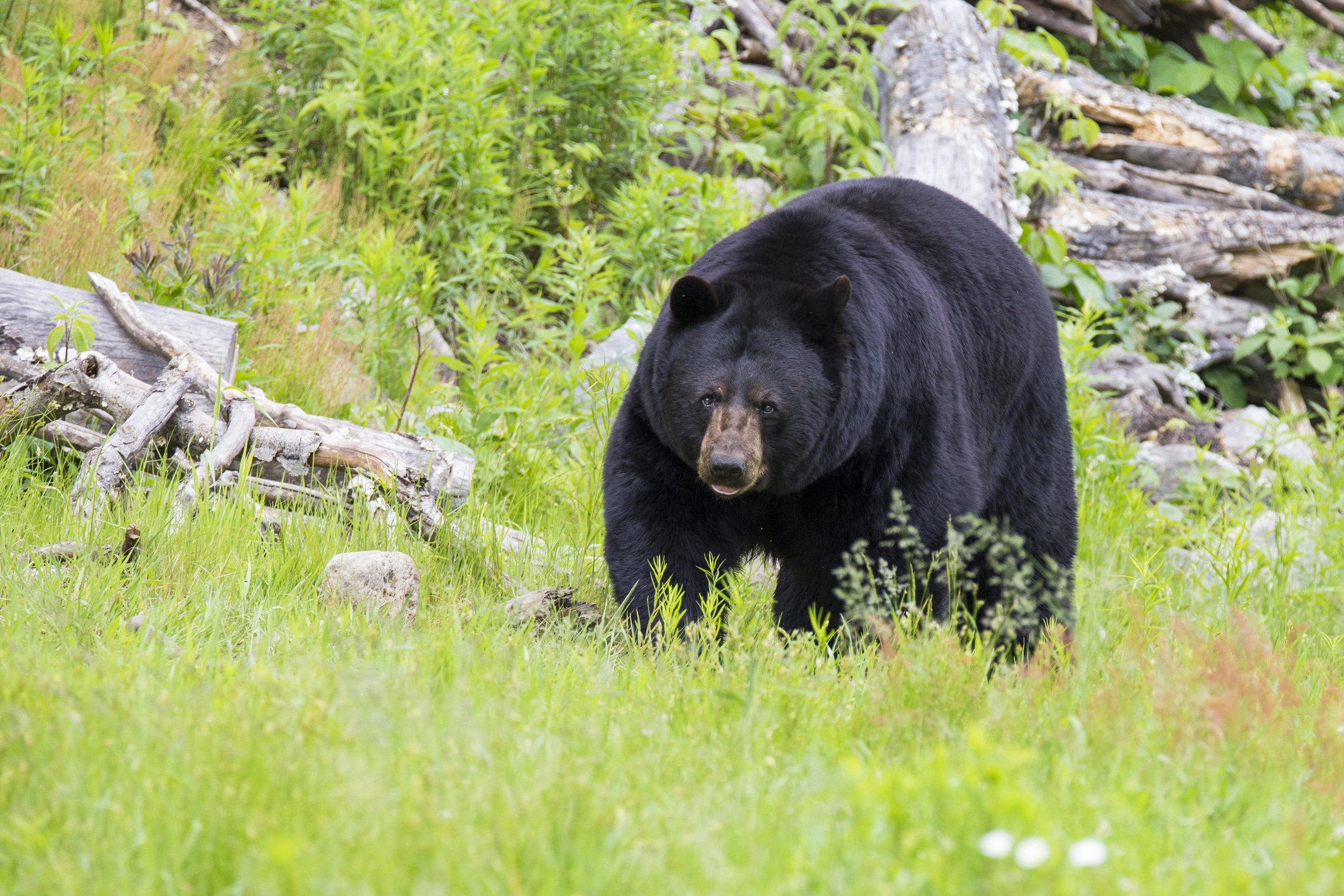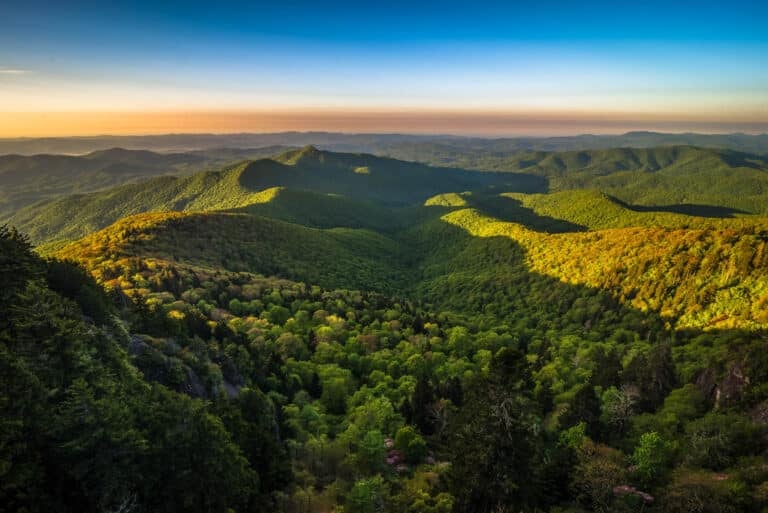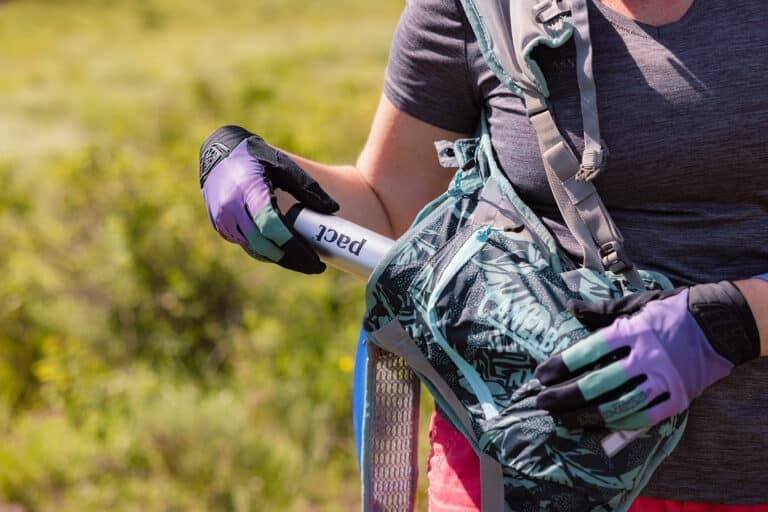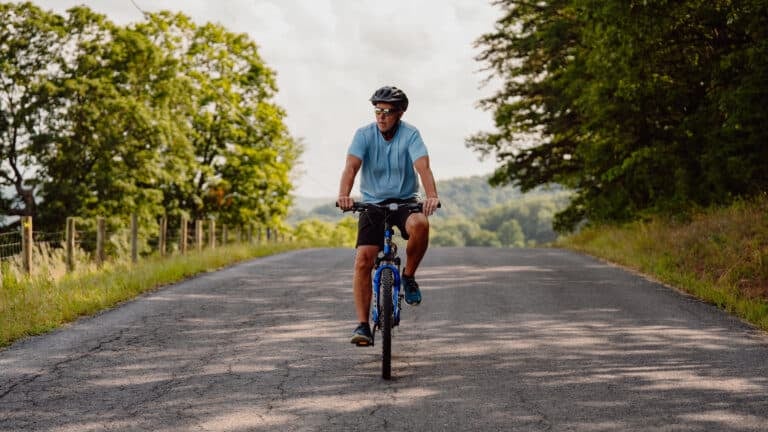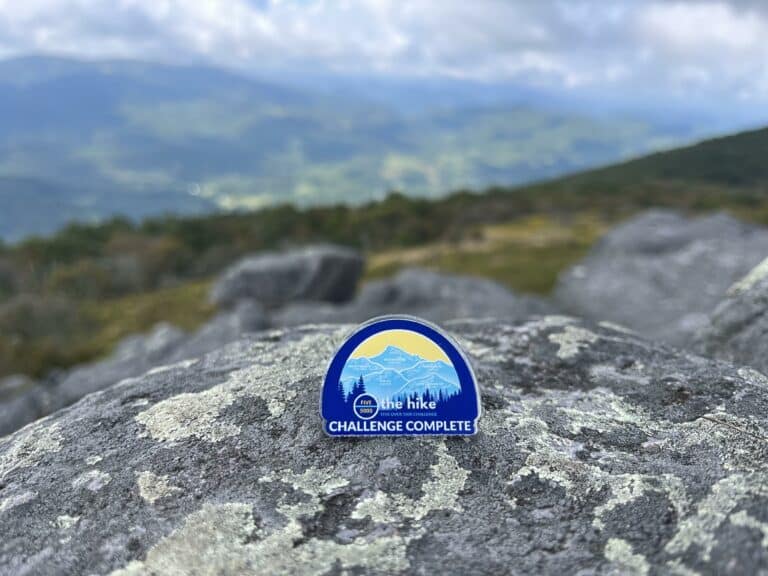Runner hides in tree overnight to escape charging bear
A college runner recently had a campout to remember after spending the night up a tree because she was chased by a bear. Runner’s World reports that Rachel Smith, 19, set out on a seven-mile run on the Big Otter Trail in the HaDaRonDah Wilderness Area of the Adirondacks. Before leaving home, she told her mom she’d be back in 90 minutes or less—but Smith didn’t return that night.
While on her run, Smith encountered a mama bear and her two cubs. Trapped on the trail between the cubs and their mother, Smith took off through the woods. The bear pursued her, and Smith eventually found a small tree she could climb to escape the bear. The terrified runner spent the night there, squatting or standing on one leg the tree was too small to sit in, as the bear circled below her. In the morning, Smith was able to leave her perch in the tree and make the long run home.
Fall colors may be subdued in the mountains this year
Hoping to take some hikes beneath a colorful canopy this fall? Experts say that the typical vibrantly hued leaves my be muted this year thanks to all the rain and warm weather the region has experienced. Western Carolina University biology professor Beverly Collins told ABC 13 News that the warm and wet weather delays photosynthesis and can especially impact the red color in leaves. Overall, Collins predicts that the colors this year may be more “subdued.”
Regardless of how the weather impacts the color of the leaves, the same rules for leaf-peeping still apply. To catch the first changing colors of fall, head to the higher elevations where the color shows first.
Evidence shows exercising while sick with COVID-19 can make symptoms worse
While the general rule of thumb maintains that exercising through minor illness is safe and can even benefit the body, new evidence suggests that exercising while infected with COVID-19 may have serious consequences. A study published in JAMA Cardiology found that out of 100 adults that had recovered from COVID-19 after being asymptomatic or experiencing moderate symptoms, 78 of them had structural changes to their heart 3 months after recovery.
Jordan Metzl, M.D., a sports medicine physician at Hospital for Special Surgery in New York City, told Runner’s World that in one instance, a strong athlete and CrossFit enthusiast in her early 30s contracted COVID-19. Feeling tired and sluggish she went for a run to feel better and died of a heart attack. “She was young and healthy and had no pre-existing cardiac history,” he said. “It’s very important to be conservative with COVID-19.”
Photo courtesy of Getty Images by mirceax
